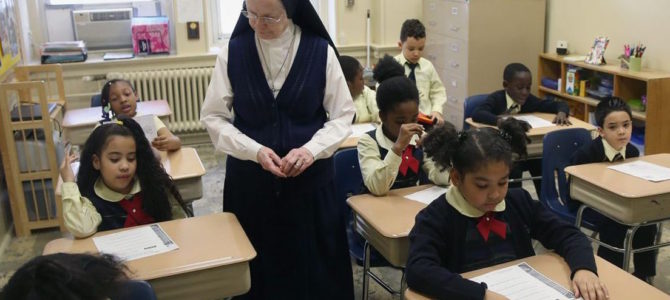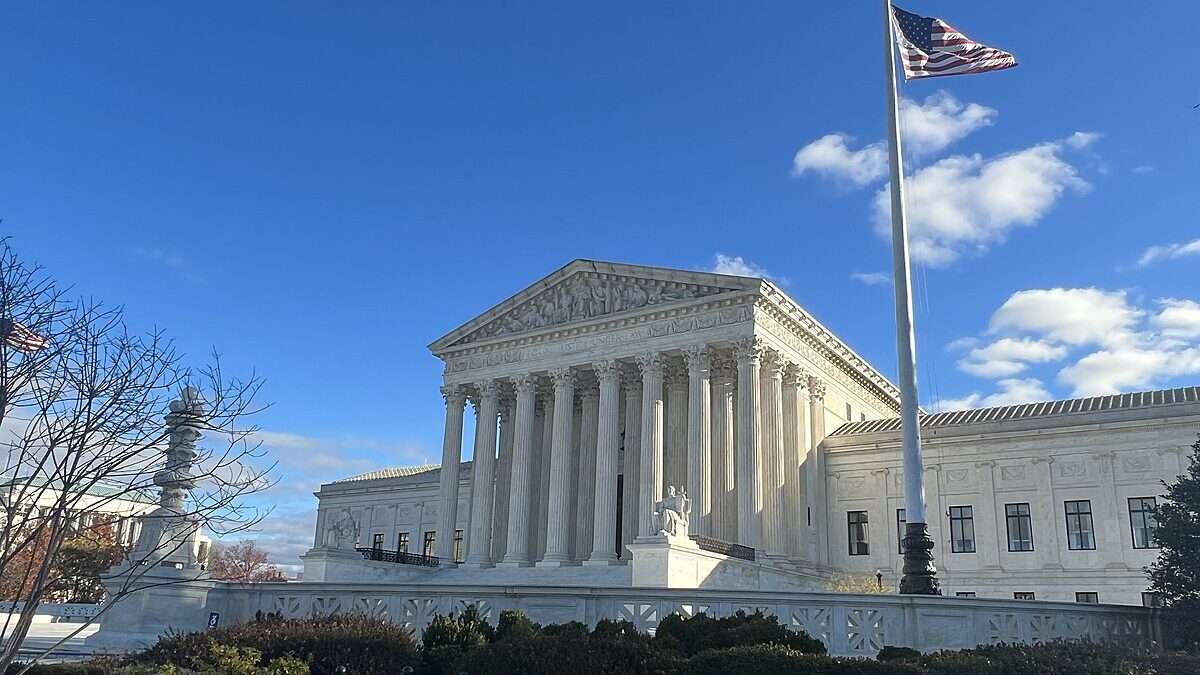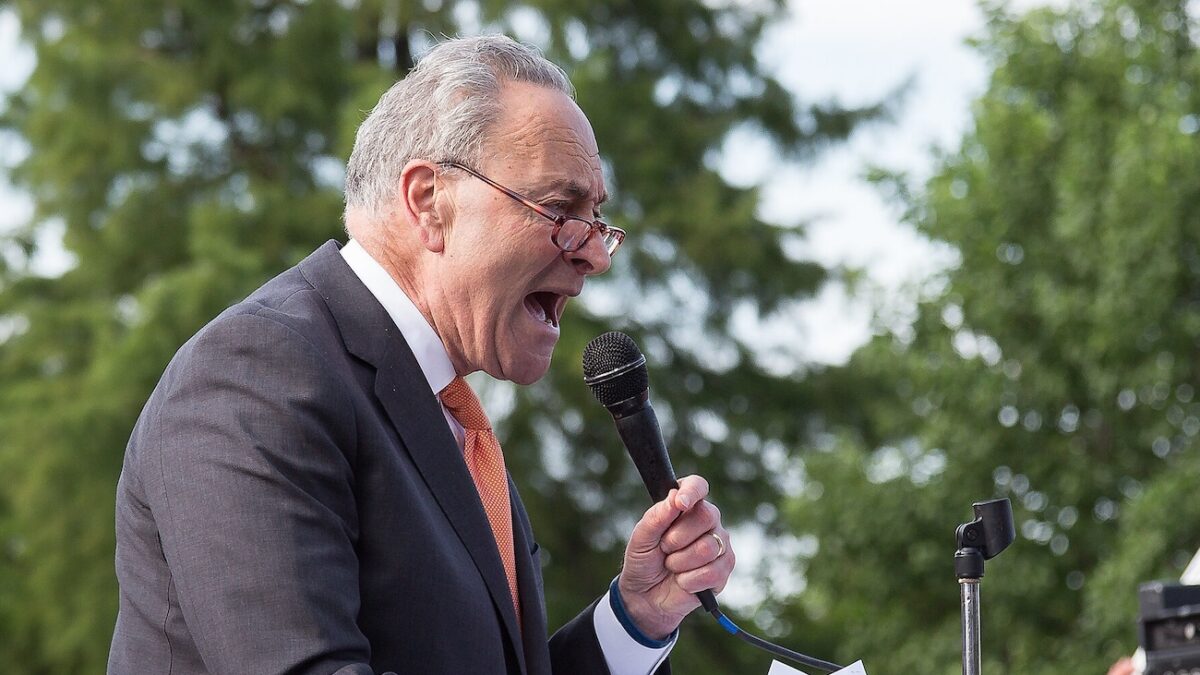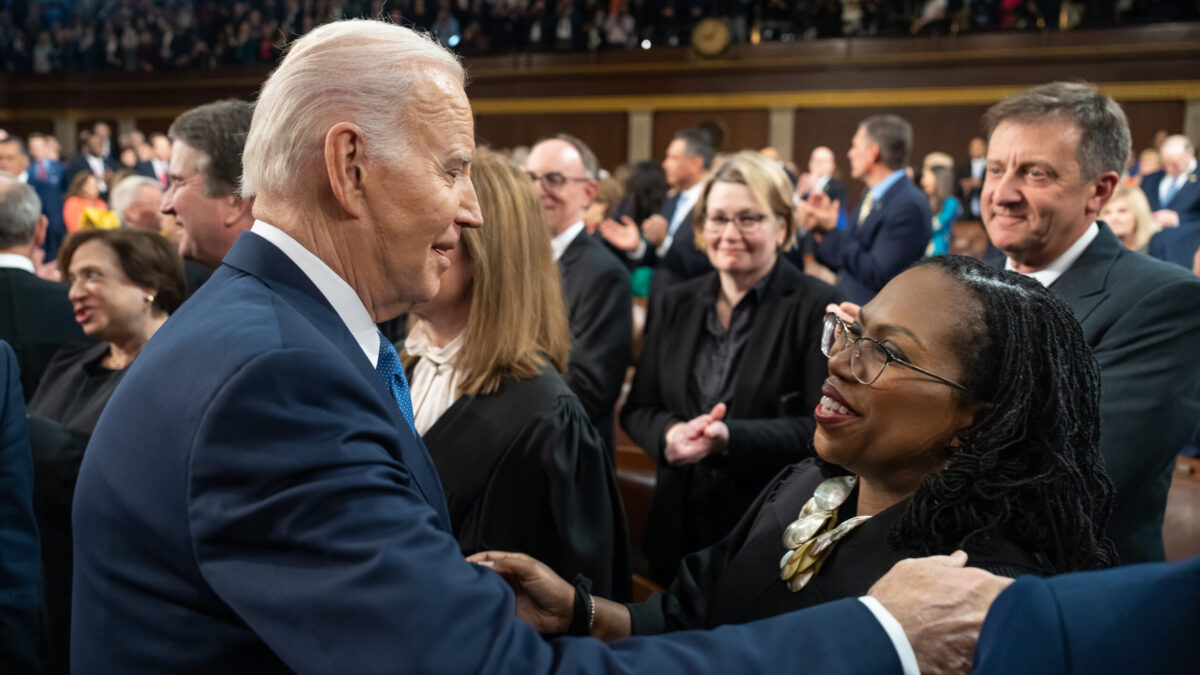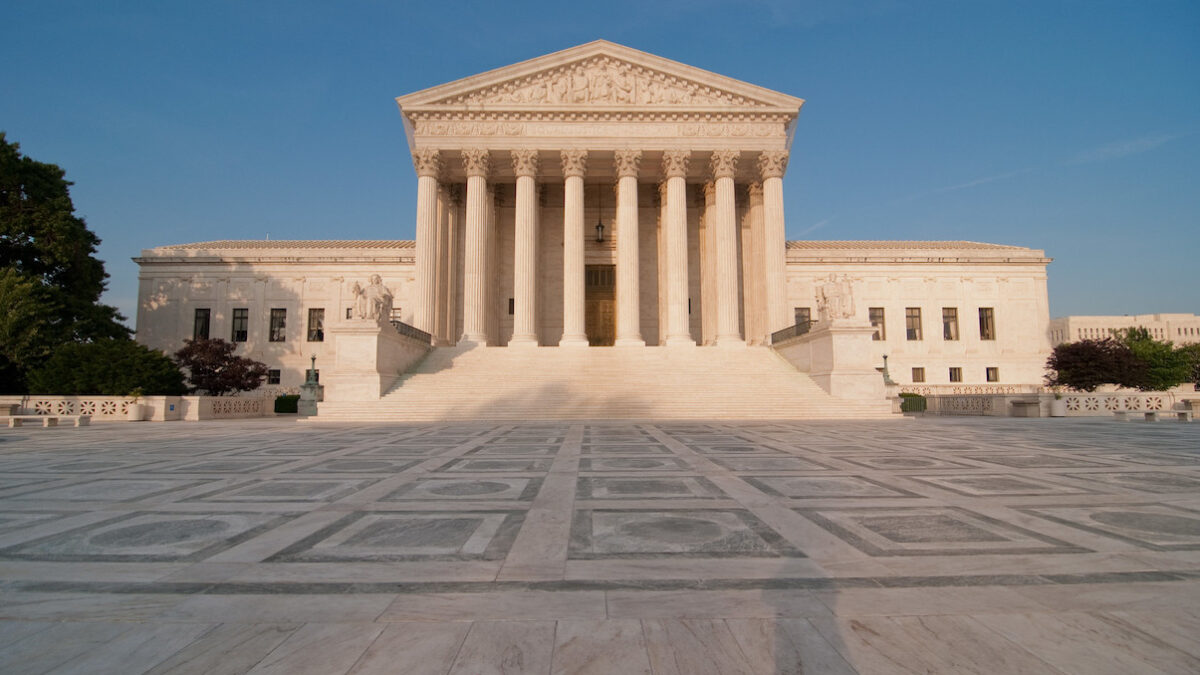The Supreme Court announced Wednesday it will hear oral arguments for two cases, argued together, that will determine the state’s right to interfere with religious schools’ employment decisions.
The two cases, Our Lady of Guadalupe School v. Morrissey-Berru and St. James School v. Biel, both involve California Catholic schools who were sued after their religious teachers’ contracts were not renewed. The schools are now challenging rulings by the U.S. Court of Appeals for the 9th Circuit, which decided both teachers were not “ministers,” (despite teaching religious subjects) and therefore did not fall under the court-created doctrine of “ministerial exception.”
This exception, which SCOTUS recently upheld in a similar case against a Lutheran school in 2012, prohibits courts from reviewing employment decisions by religious institutions regarding employees who perform a “ministerial” function. To allow such suits, the court said, would cross the line separating church and state.
In this new case before the court, justices will consider the scope of the “ministerial exception,” which was established to protect religious groups’ freedom to choose “ministerial” employees without interference from the government.
“Do we really want judges, juries, or bureaucrats deciding who ought to teach Catholicism at a parish school, or Judaism at a Jewish day school? Of course not,” said Eric Rassbach, vice president and senior counsel at the Becket Fund for Religious Liberty, the non-profit legal organizatino representing Our Lady of Guadalupe School. “Religion teachers play a vital role in the ecosystem of faith. We are confident that the Supreme Court will recognize that, under our Constitution, government officials cannot control who teaches kids what to believe.”
The schools told the justices their cases are, “crucial in protecting church-state relations.” The justices will hear courtroom arguments in the spring and issue a decision by late June.
Notably, the court did not pick up another religious liberty case, in which a Christian high school student in Maryland was punished for refusing to complete a school assignment to write the Islamic conversion prayer. Caleigh Wood said the prayer, which states “… there is no god but Allah,” directly contradicted her Christian faith.
In February, the Fourth Circuit Court of Appeals ruled the assignment did not violate the Establishment Clause of the First Amendment. The Court denied a petition filed on behalf of Wood for the current term.
